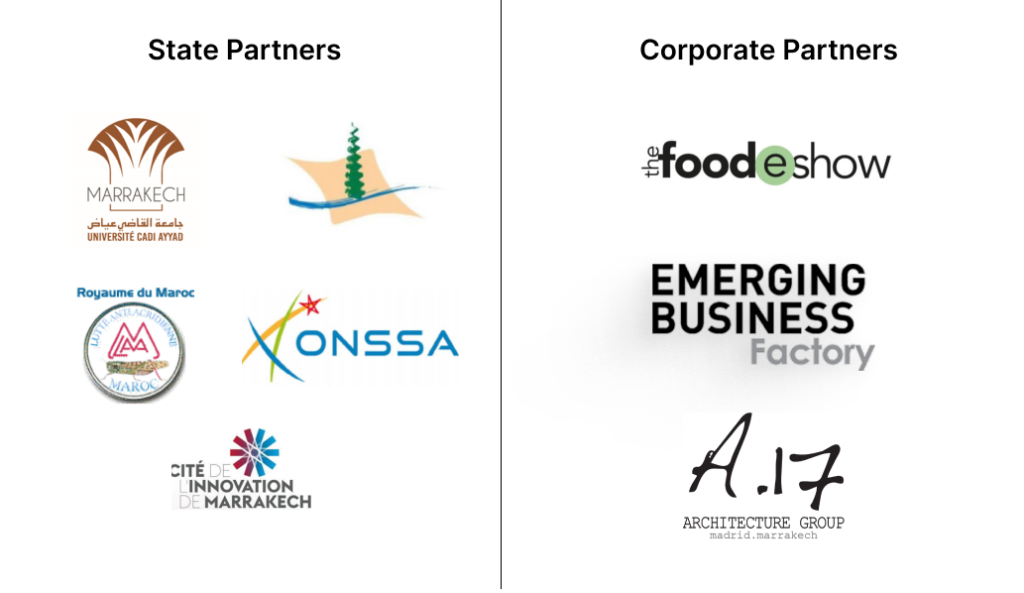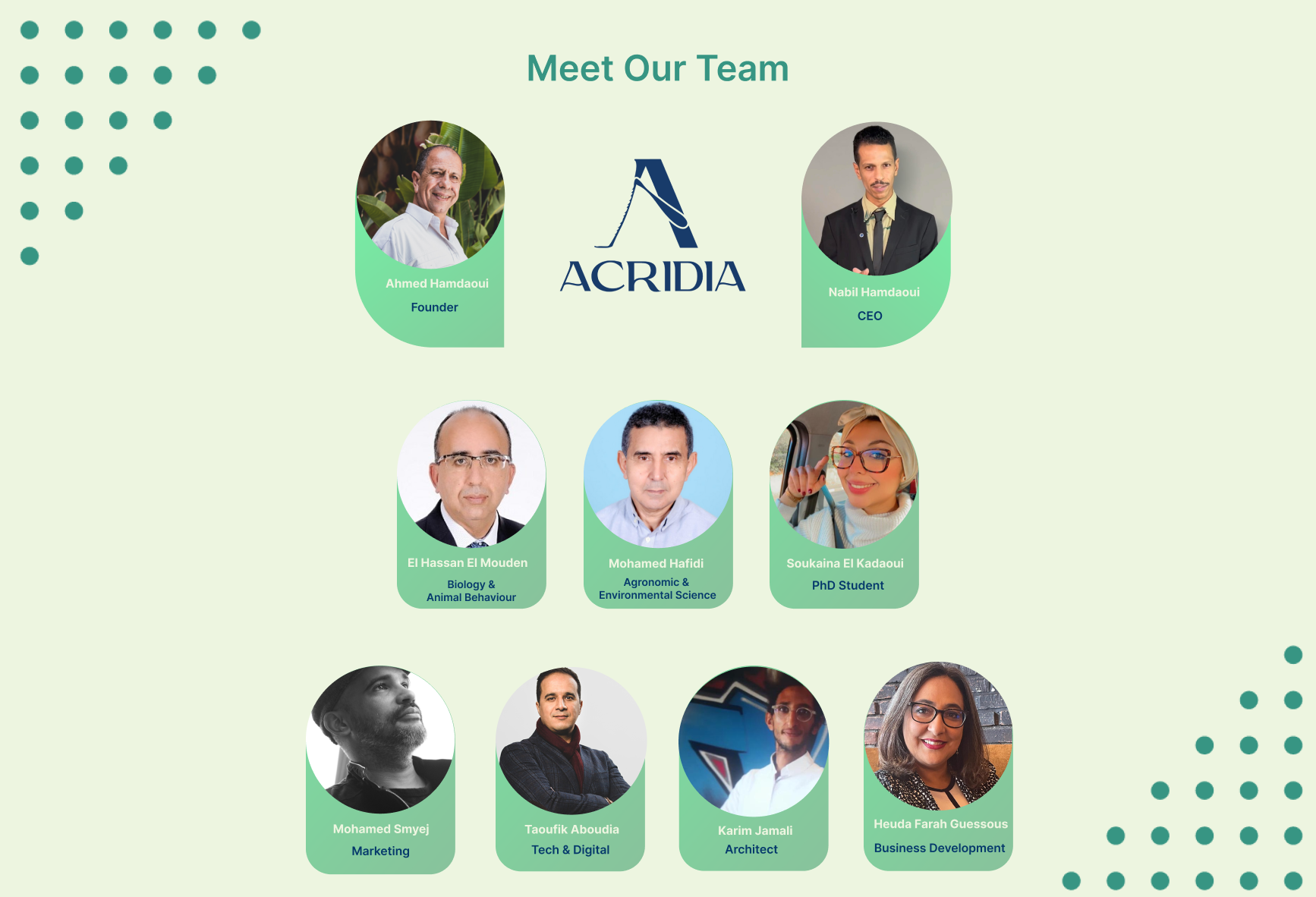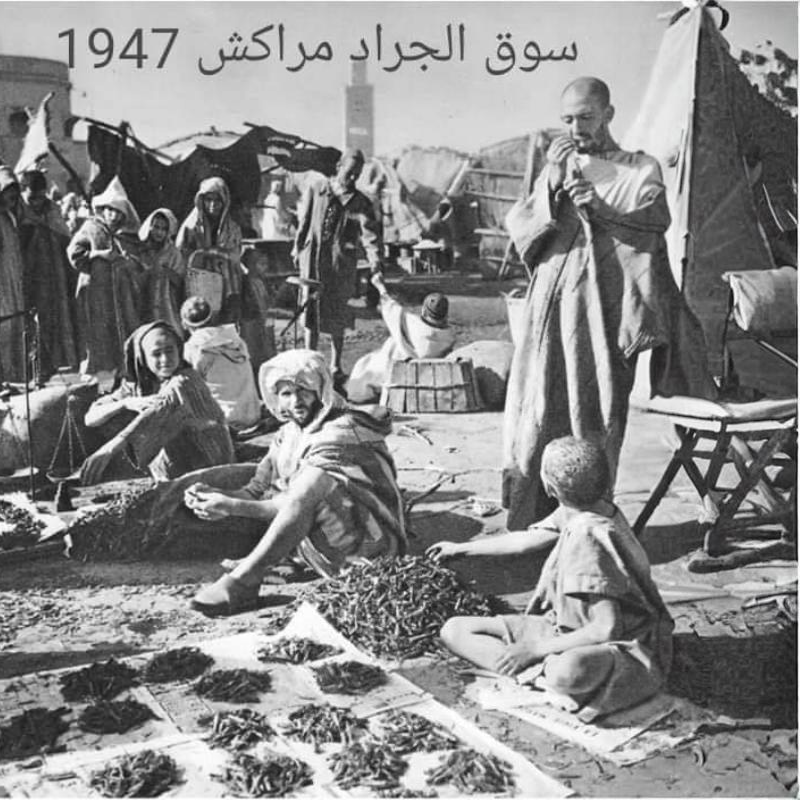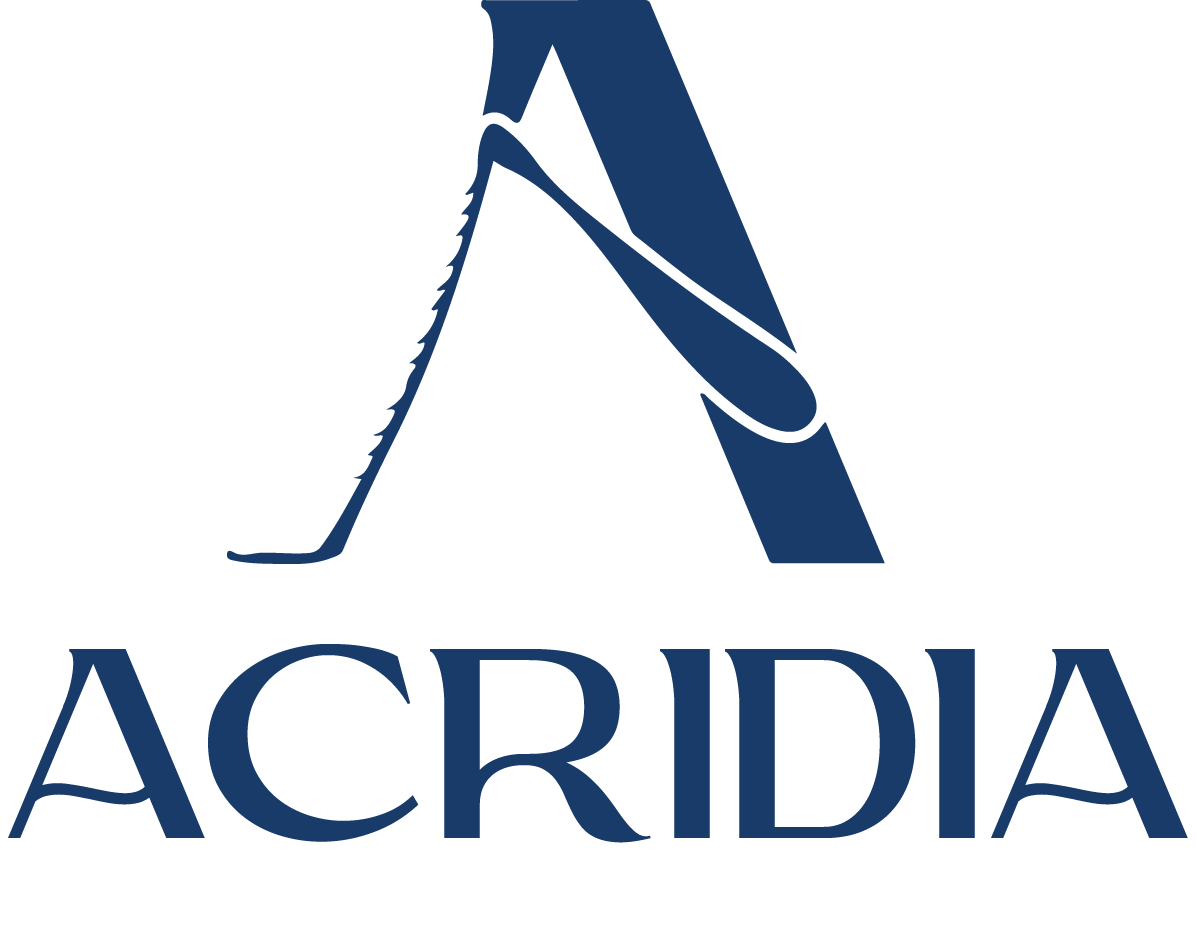
Welcome to Acridia, where we harness the power of nature to produce sustainable protein through high-yield locust farming. Our patented process along with the tapping into direct sunlight and the sun’s heat allow for us to mimic the insect’s ideal biotope for its reproduction. Our innovative approach is efficient, environmentally friendly, and provides an affordable, safe and healthy source of protein for humans, animals and various industries.
We specialize in desert locust (Schistocerca gregaria) and locusta migratoria.
Join us in feeding the world with nature’s power.
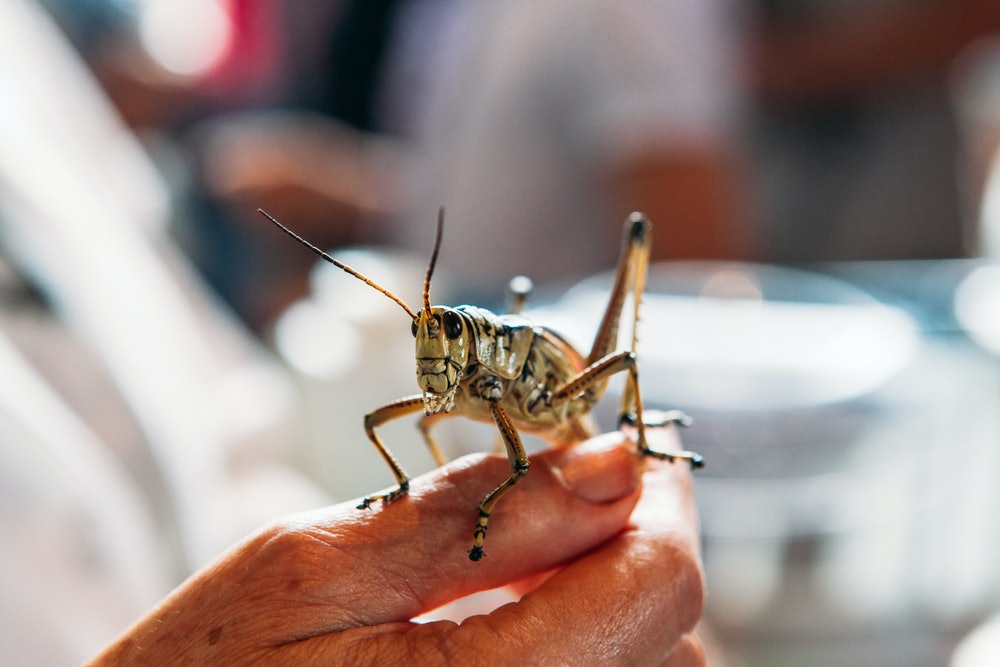




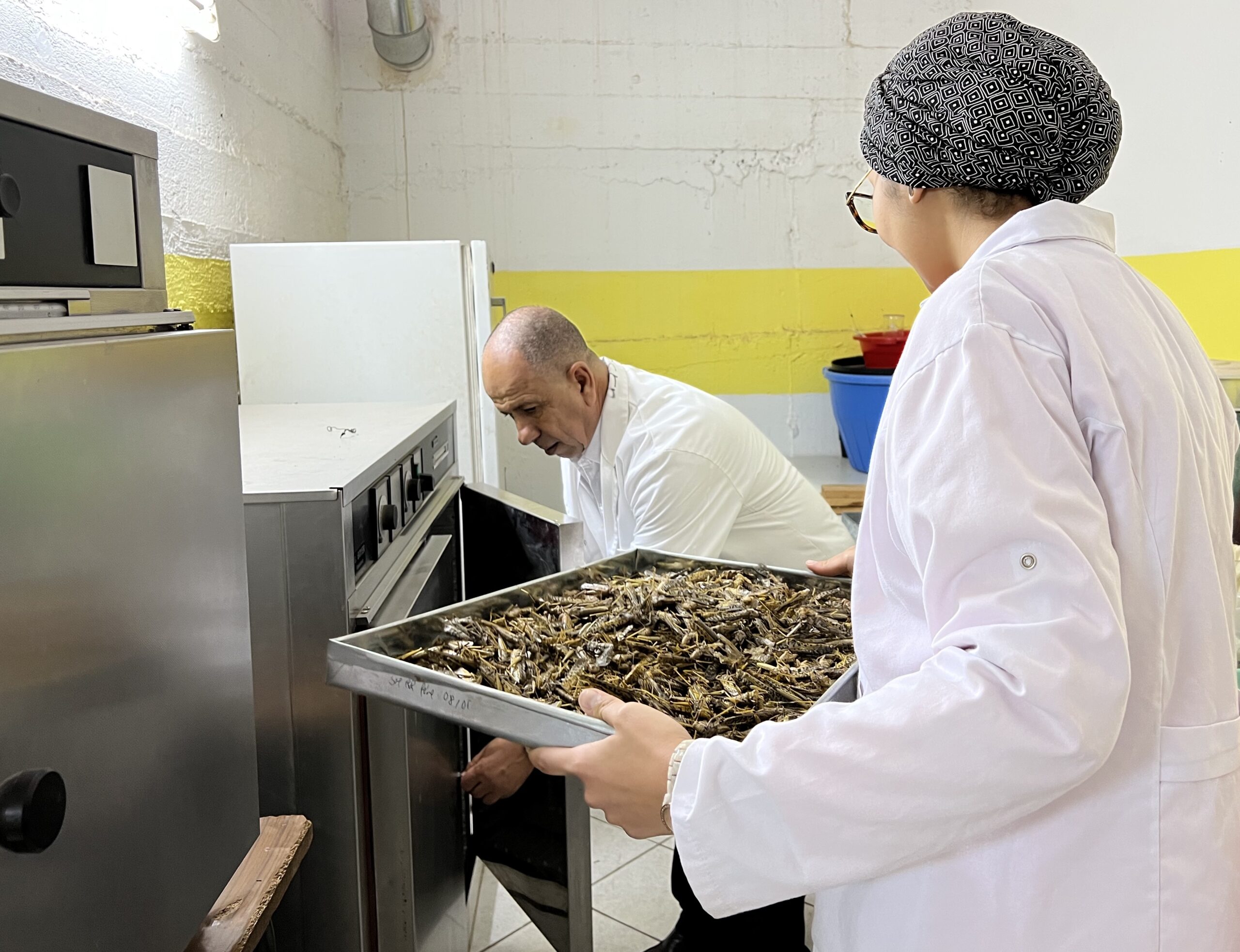
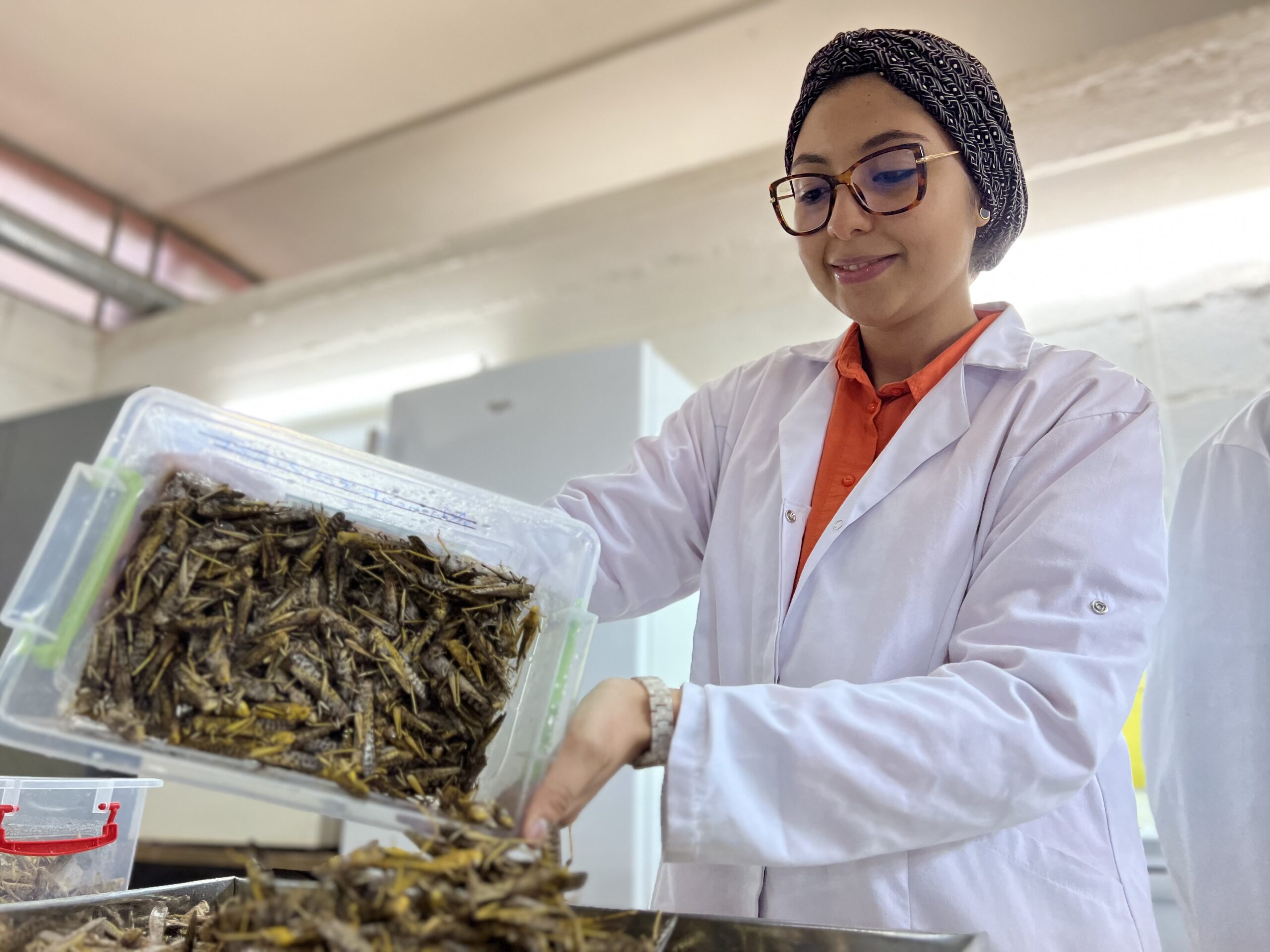
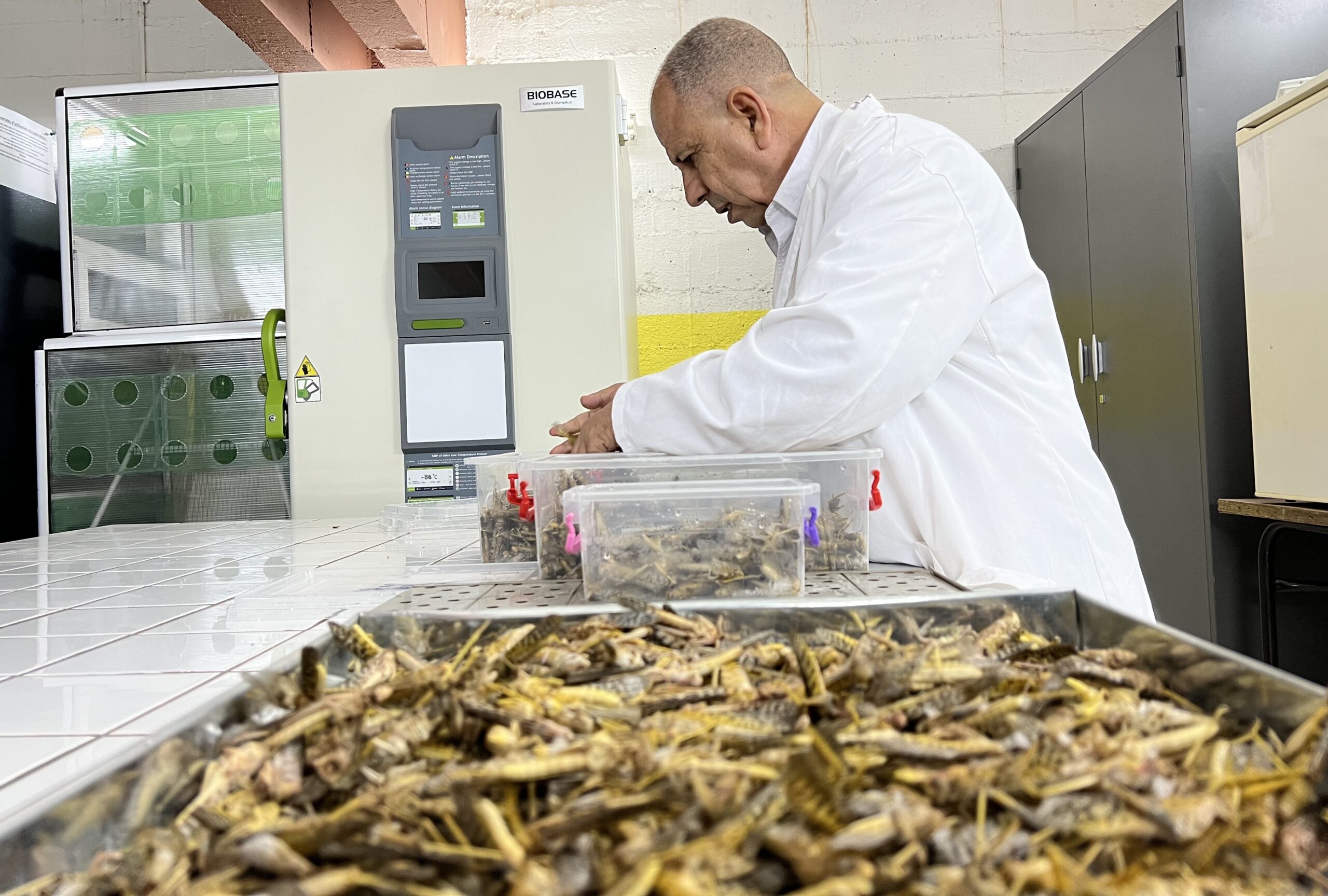
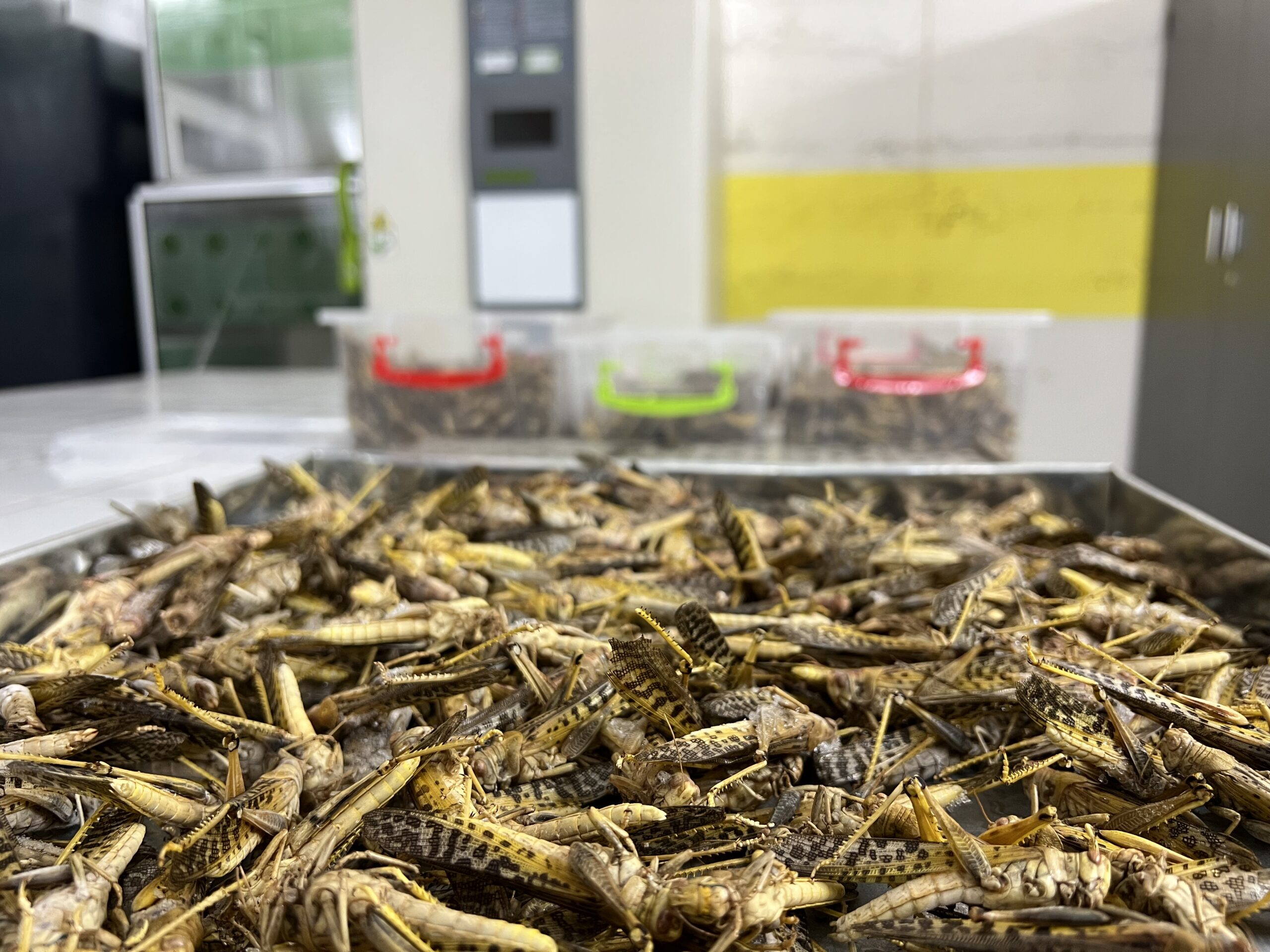
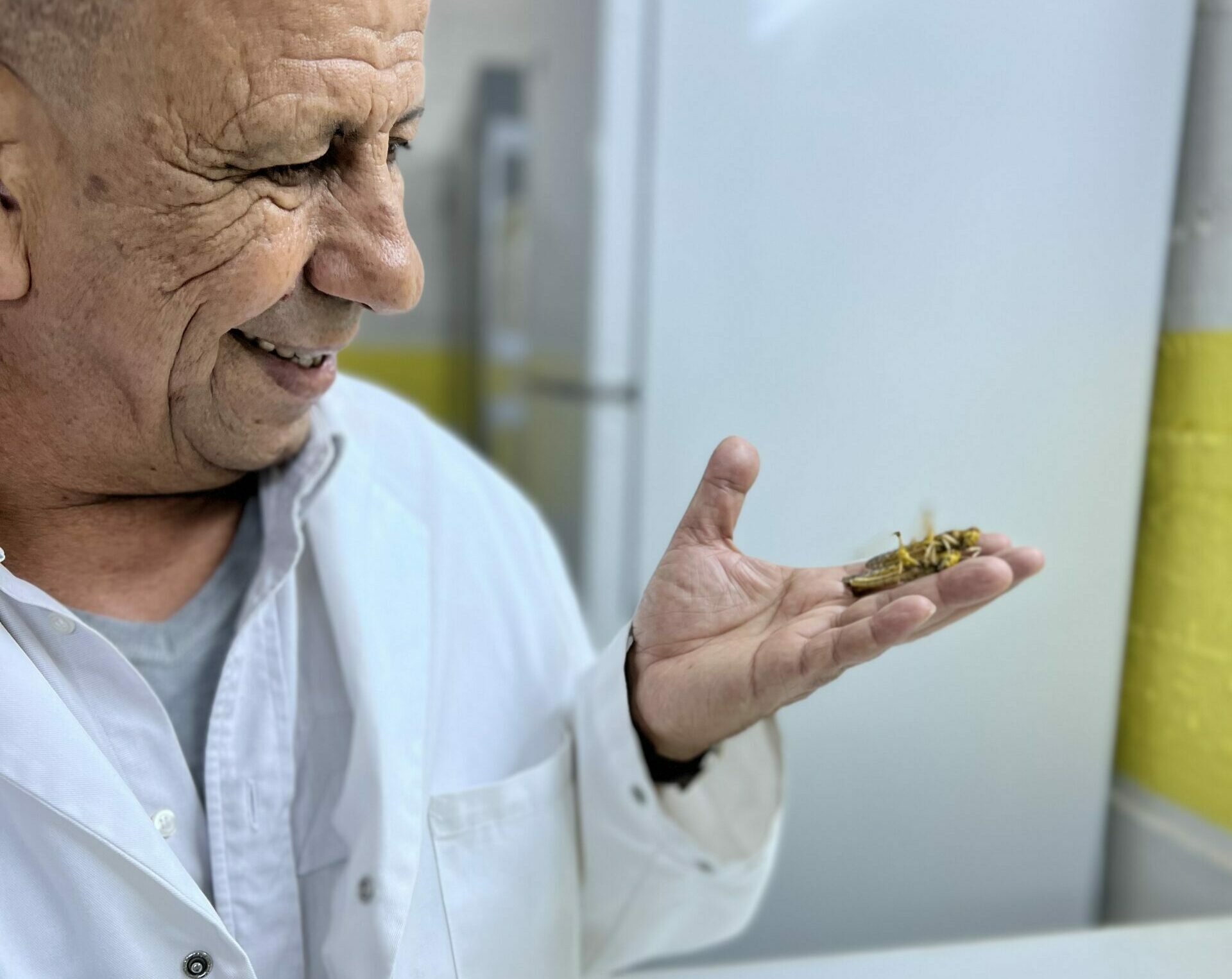
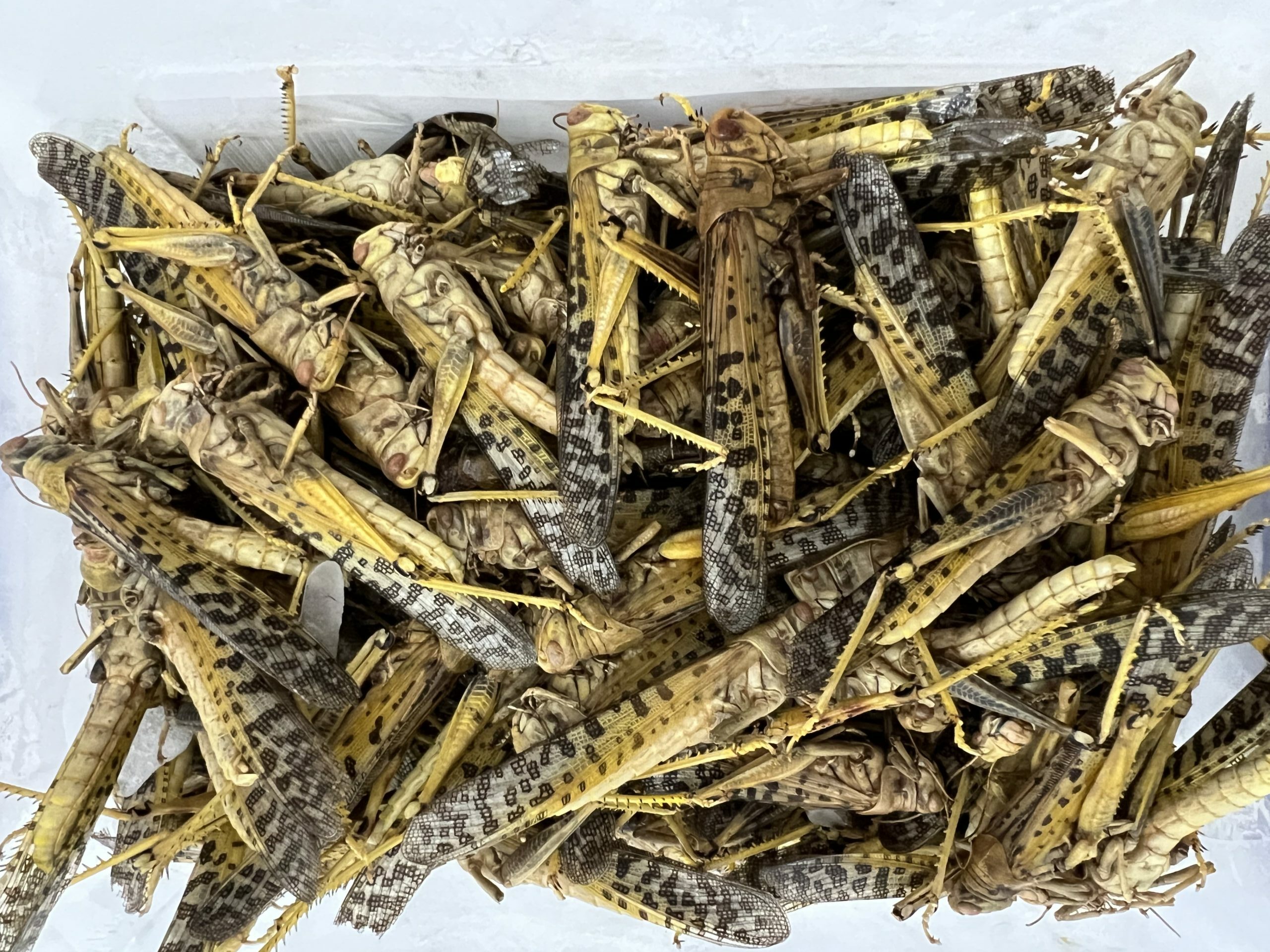
Why Locust?
From a simple diet (green leaves) locusts have a high reproductive potential. A female lays between 60 and 100 eggs up to three times in a lifetime.
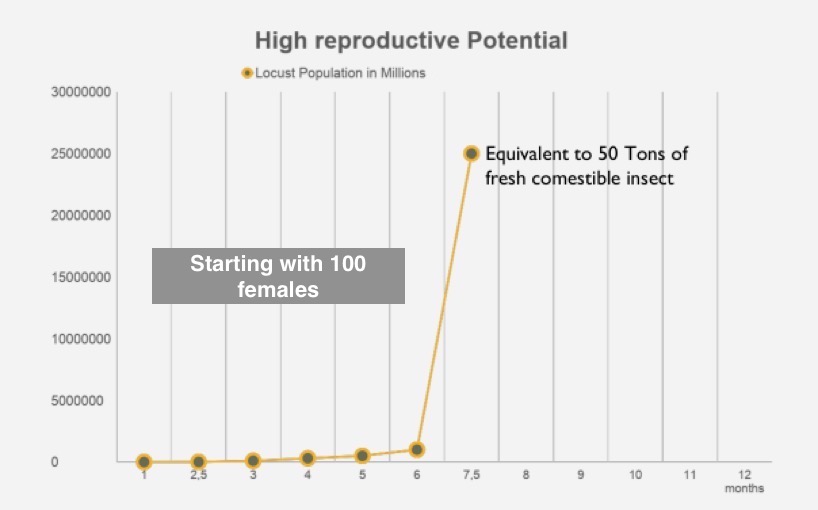
When harnessed efficiently, this can yield many tons of insect over a short period of time.
% Organic
% Protein
Water Consumption
Waste Farming
High in Protein: Locusts are an excellent source of protein, higher than red meat. They are also rich in essential amino acids, making them a complete protein source.
Sustainable: Locust farming is more sustainable than traditional livestock farming methods. They require less water, land, and feed than other animals while having a lower carbon footprint.
Efficient: Locusts have a high reproduction rate and can be raised in large numbers in a relatively small space, making them an efficient protein source.
Versatile: Locusts can be used in a variety of ways, including as a protein-rich ingredient in animal feed and as a human food source in various dishes.
Nutritious: In addition to being high in protein, locusts are also rich in vitamins and minerals such as iron, zinc, and vitamin B12.
Acceptancy: Locusts are mentionned in all holy books (Quran, Torah, Bible) and in many countries are considered a delicacy in the human diet.
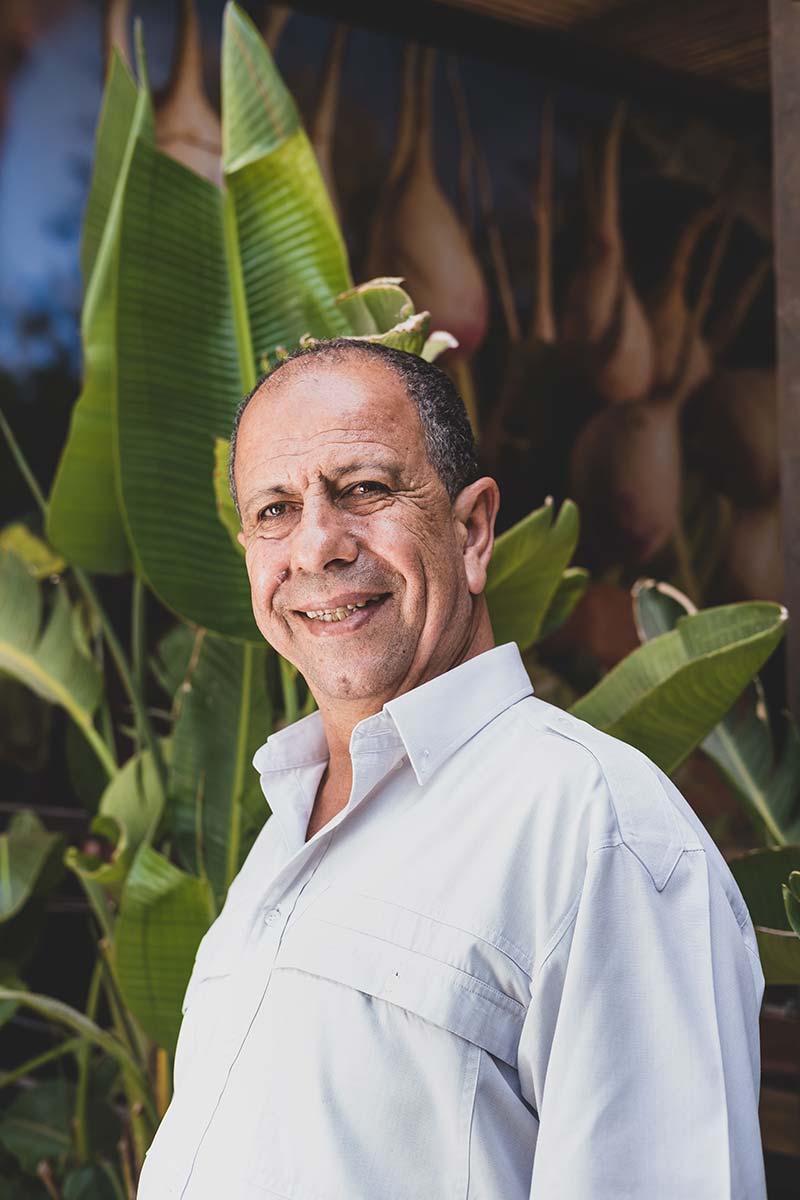
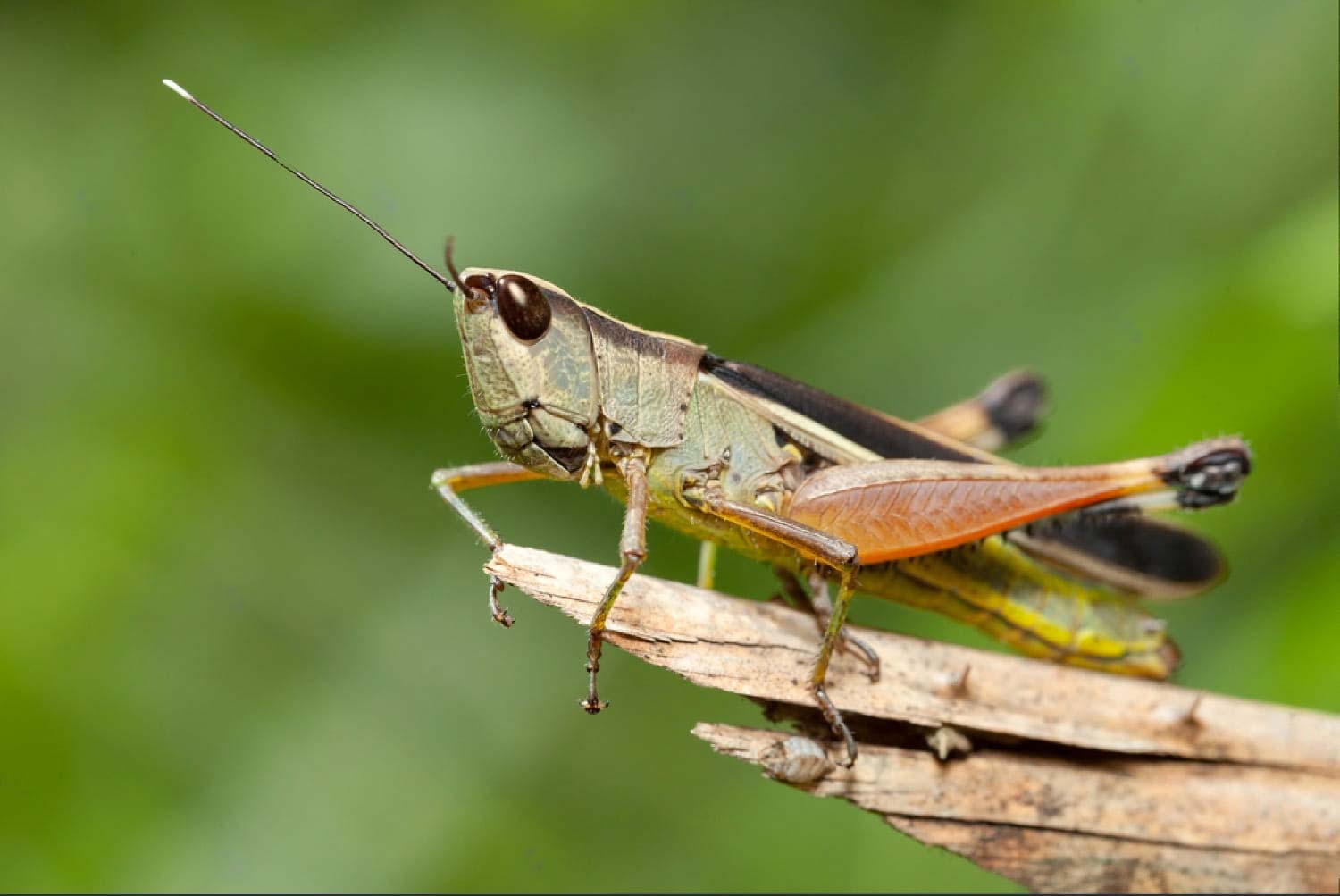
About our Founder
Pr. Ahmed Hamdaoui is Moroccan born on March 25, 1955 in Jerada (Oujda). He obtained a PhD in Biochemistry in 1986 in Strasbourg, France. Since September 1986 he has been a teacher-researcher at the Faculty of Sciences Semlalia of the Cadi Ayyad University of Marrakech. His scientific research activities since 1994 have focused on the Desert Locust. In collaboration with Pr. De Loof in Leuven, Belgium, a new family of protease inhibitors was discovered in the ovaries of adult females of Schistocerca gregaria. Subsequently he started a research project to develop a mass rearing of locusts to produce food meal.
Food and Agriculture Organization
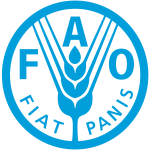
In 2050 the world population will be over 9,500,000,000 ! Animal based foods will be insufficient.
Classical breeding of livestock uses too much water, emits considerable amounts of greenhouse gases, contributes to pollution and causes numerous health problems. Farming of insects is far more sustainable, they are already part of the diet of 2 billion people on earth and therefore we need to reach a full acceptance of insect-based products by all humans.
The FAO calls for an urgent development in research on mass-breeding of edible insects as alternative for animal proteins.
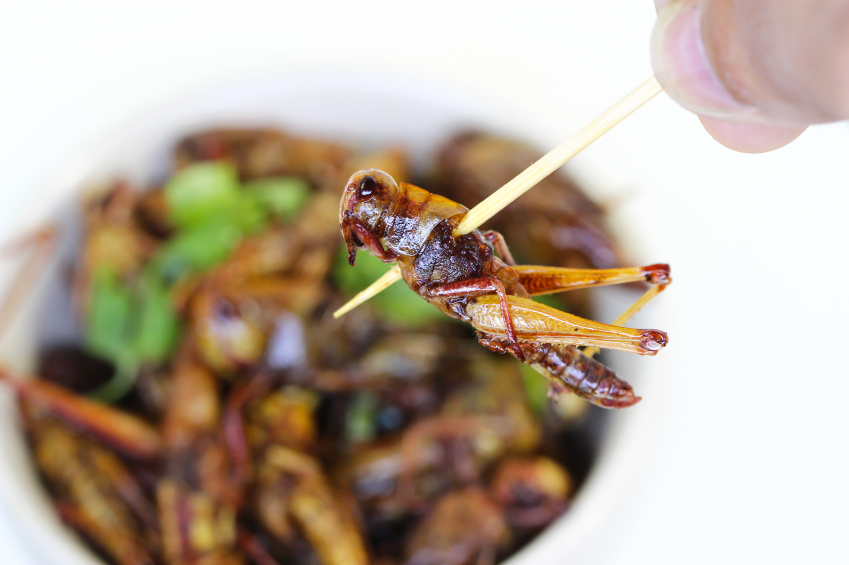
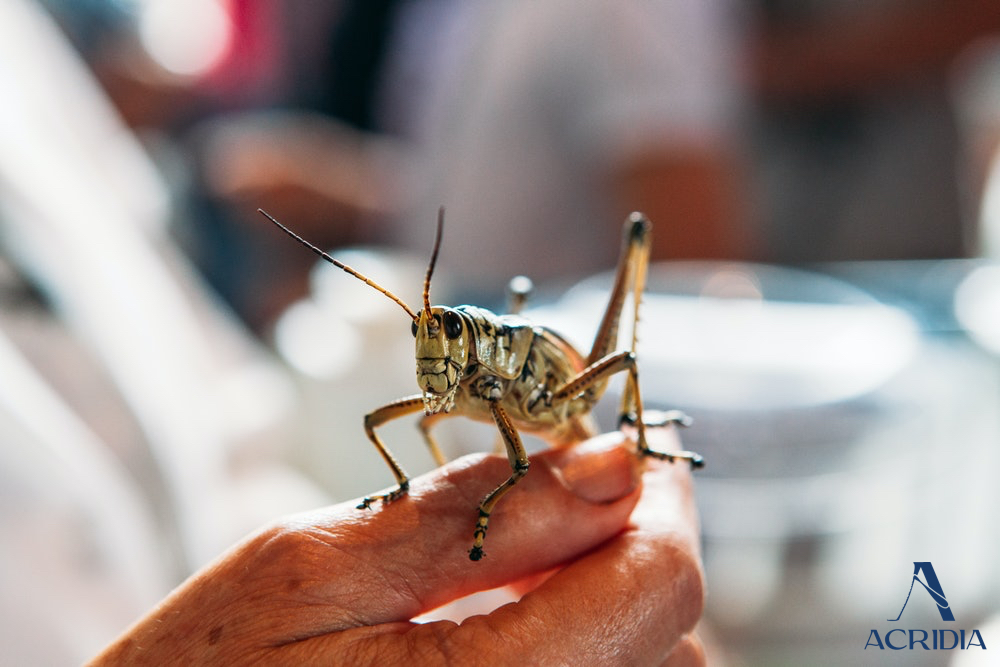
Our Locust meal
Whether you desire the insect whole or in flour form, it is well known that it’s very rich in protein, even more so than meat, and therefore provides a complete supply of essential amino acids. It is also rich in minerals and vitamins.
The flour issued from locust is known to contain lipids that are high in essential unsaturated fatty acids (Omega-3). However, their carbohydrate content is low. To ensure a complete nutritional intake from our locust flour, we plan to use supplements based on Moroccan plants and other local products.
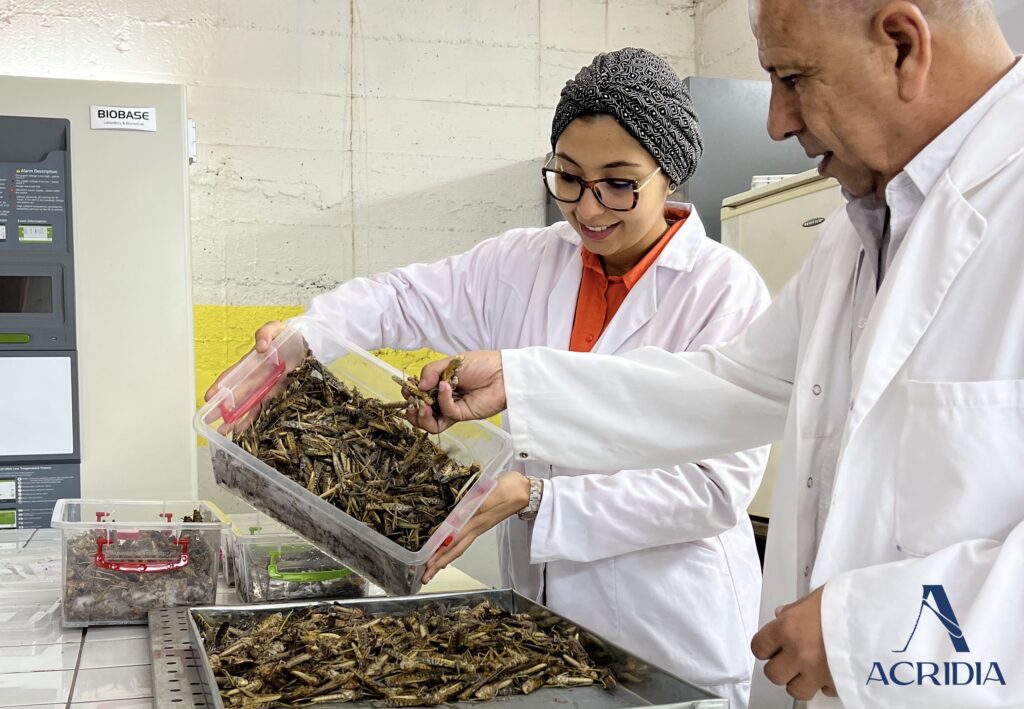
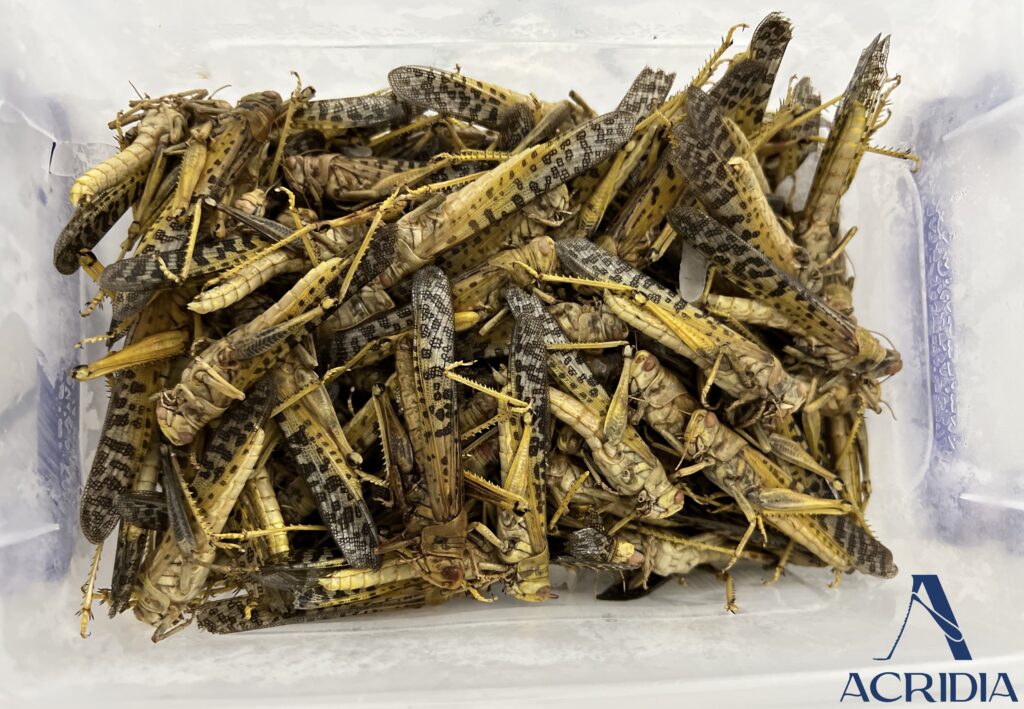
State of the art
1- These insects eat a lot and therefore their food is expensive for breeders. We have managed to reduce this cost by cultivating a nutritious plant in our farm that thrives in the sun and is widely used in Morocco to feed animals (alfalfa).
2- the development of locusts requires a lot of light and heat ranging from 30 to 40°C. To reduce this large energy bill, we make maximum use of direct sunlight and solar energy. In conclusion, we aim at ensuring high quality products at an unbeatable cost.
The African sun and African locust at the service of human food



We can transpose Acridia Morocco to all the African countries with a hot climate, utilizing the sun in order to create value.
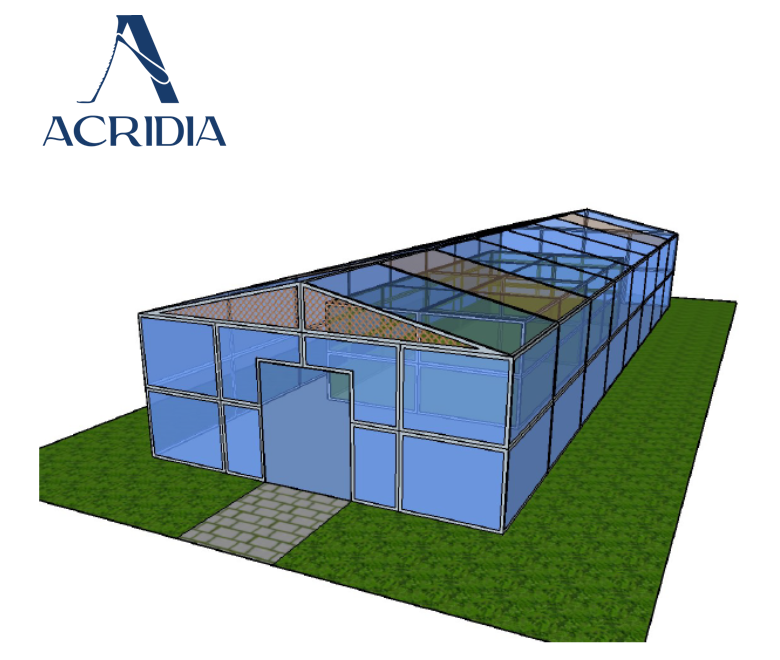
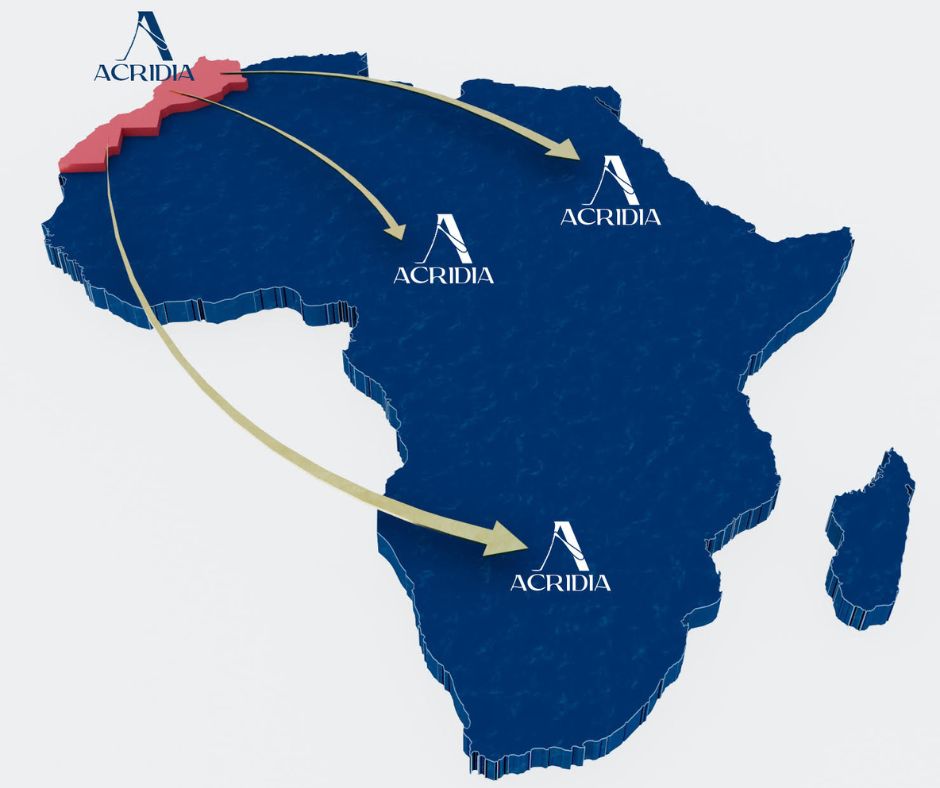
Our Patents
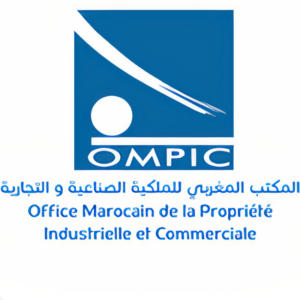
Exploitation of a mass culture of locusts for the production of food flours and a biofertilizer for market gardening.

Operation of a cricket mass-rearing farm for the production of meals and a biofertiliser for market gardening.
Press
Acridia was featured on prime-time national television in Morocco under the name Moroccan “Jarad”, which means “locust” in Arabic.
Our Partners
